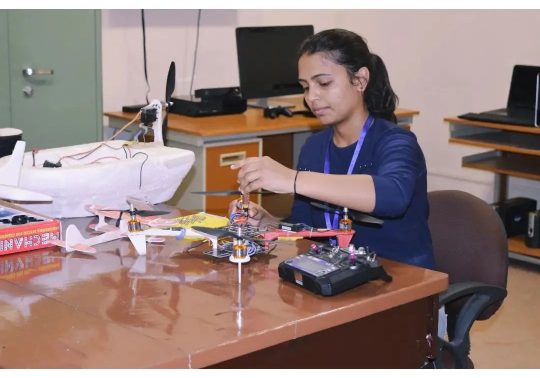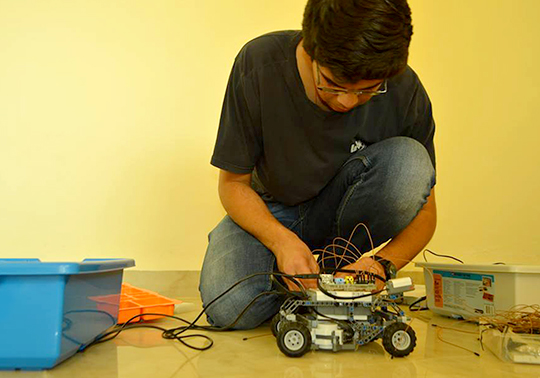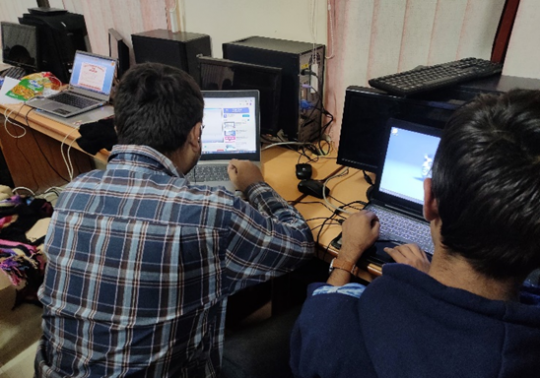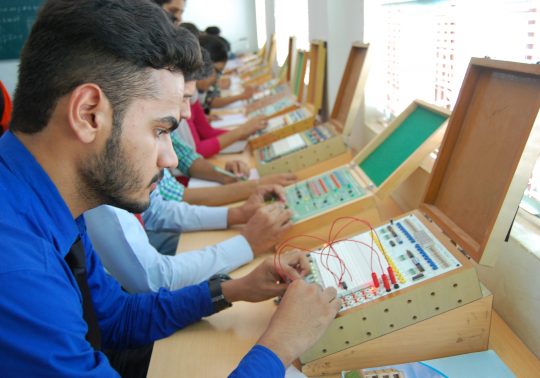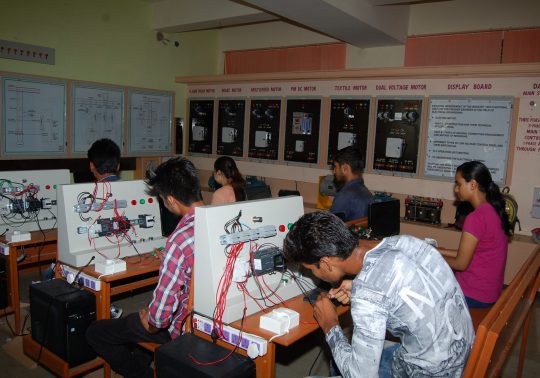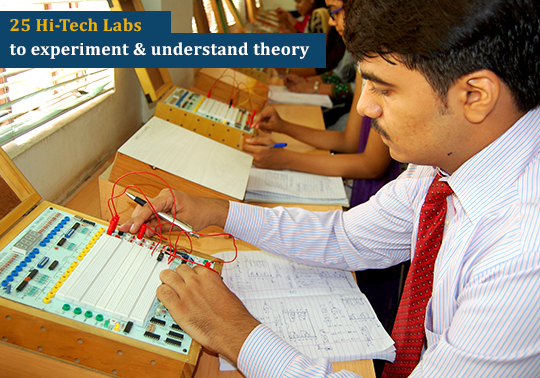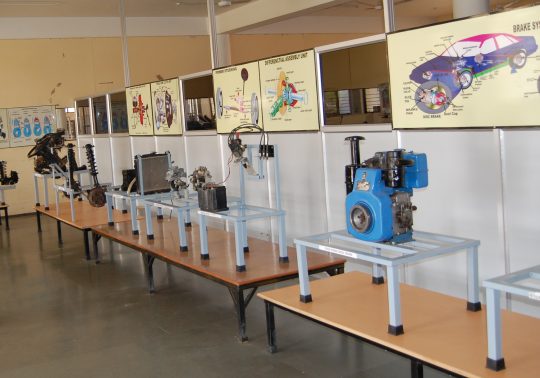Computer Science Engineering (Data Science)
Vision
Achieve academic excellence and prepare the next generation of engineers and researchers for a data-centric world in the field of data science at the national and global levels.
Mission
- To realize the vision, the Department of Computer Science (Data Science) will do the following:
- Focusing on holistic data science research and education addressing the challenges of large data sets, high ingestion rates, short analysis time windows, different content, media types, contradicting, incorrect, and missing information.


